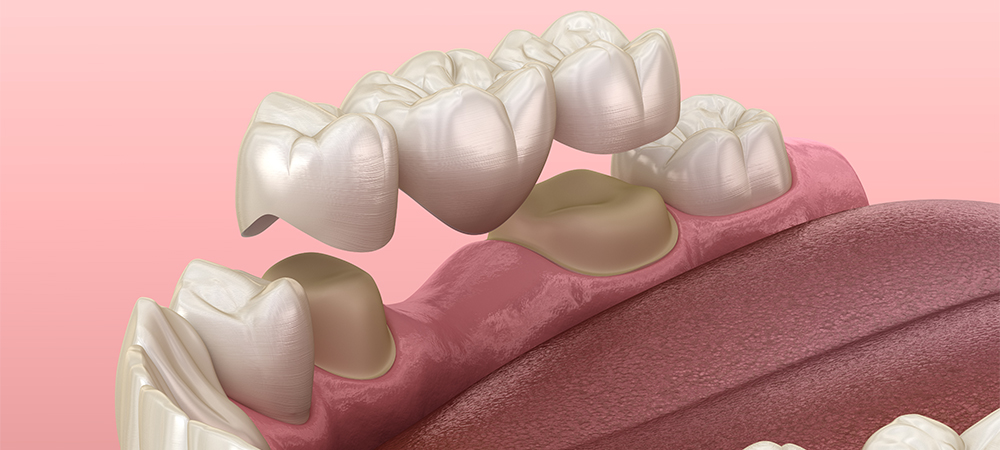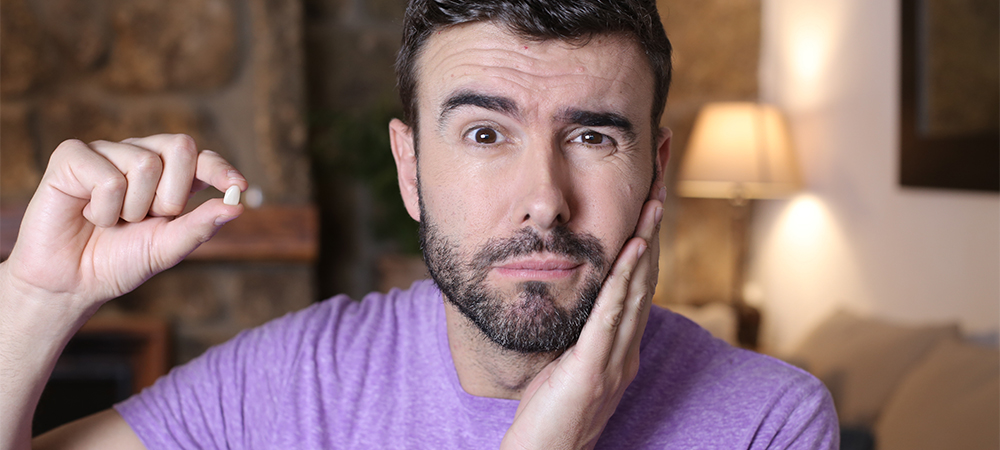How to Fix Missing Teeth Without Implants?
Missing teeth can affect more than your smile; they can impact speech, chewing ability, and even your overall oral health. While dental implants are a popular choice for replacing lost teeth, they are not suitable or desirable for everyone. Some people may have health conditions, insufficient bone density, budget constraints, or personal preferences that lead them to explore non-implant alternatives.
Osmin Denture Clinic in North York offers several effective solutions to restore your smile without the need for implants.
Here’s a comprehensive guide to your options, what to expect, and how to decide which is right for you.
Why Choose Non-Implant Solutions?
There are many reasons why someone might look beyond implants for tooth replacement. Surgery may be too invasive for those with certain health concerns, or healing time may be a challenge for patients with busy schedules.
Some simply prefer removable or less costly solutions. Non-implant treatments can still provide excellent aesthetics, restore function, and protect your oral health.
Complete Dentures
If you are missing all teeth in an arch, complete dentures can give you a full, functional smile. These are custom-made prosthetic teeth set in a gum-coloured base, designed to rest comfortably on your gums.
Benefits of complete dentures:
- Restores the full appearance of your smile
- Improves chewing and speech clarity
- Affordable compared to surgical options
Considerations: Dentures may require occasional relining to maintain a good fit as your gums change over time. Daily cleaning and proper storage are also essential for longevity.
Partial Dentures
For patients who still have some natural teeth, partial dentures are an excellent way to fill in the gaps. These prosthetics attach to existing teeth using clasps or precision attachments.
Advantages of partial dentures:
- Prevents neighbouring teeth from shifting into the gap
- Distributes chewing pressure evenly
- Can be made with metal or flexible bases for comfort
Care tip: Clean your partial denture daily and keep it moist when not in use to prevent warping.
Related Article: Implant-Supported Dentures vs. Dental Bridges: Which Is Best?
Dental Bridges
A dental bridge literally “bridges” the gap left by missing teeth. It consists of an artificial tooth (pontic) anchored to neighbouring natural teeth (abutments).
Types of dental bridges:
- Traditional bridge – Uses crowns on either side of the gap
- Cantilever bridge – Anchored to one tooth when only one is available for support
- Maryland bridge – Uses a metal or porcelain framework bonded to the back of adjacent teeth
Pros of dental bridges:
- Fixed in place for a natural feel
- Restores chewing efficiency
- Can last 10 years or more with good care
Limitations: The supporting teeth may need reshaping to accommodate crowns, and bridges require excellent oral hygiene to prevent decay around the abutments.

Flexible Dentures
For a lightweight and comfortable fit, flexible dentures are an option. Made from a soft, thermoplastic material, they adapt closely to the contours of your gums and teeth.
Why patients choose flexible dentures:
- No metal clasps, making them more discreet
- Comfortable for sensitive gums
- Resistant to breakage compared to rigid acrylic
These are especially suitable for patients looking for a more natural-looking and adaptable partial denture.
Related Article: Can Anyone Get Flexible Dentures? Who Is a Good Candidate?
Snap-On Dentures
This is a removable appliance that fits over your existing teeth or gaps to instantly improve your appearance. While it’s not a permanent solution, it can be ideal for special occasions or as a temporary measure while waiting for a longer-term restoration.
Benefits:
- Quick, non-invasive, and affordable
- No drilling or adhesives required
- Customized to look natural
Related Article: Can You Restore Teeth from Grinding?
Custom Mouthguards for Protection
Tooth loss can sometimes be traced back to preventable causes like sports-related injuries or chronic teeth grinding, also known as bruxism. While replacing missing teeth with dentures or bridges is an important step, protecting your remaining natural teeth and any dental restorations is just as critical.
A custom-made mouthguard acts as a protective barrier, absorbing impact and reducing the risk of chips, fractures, or further tooth loss. For athletes, especially those in high-contact sports such as hockey, football, or martial arts, a well-fitted sports mouthguard can significantly lower the chance of oral trauma.
For patients who grind their teeth, often unknowingly during sleep, a nightguard can help minimize wear on both natural teeth and dental appliances, preventing damage over time.
Whether you are protecting your investment in new dentures or preventing additional damage to your natural teeth, a professionally fitted mouthguard offers long-term peace of mind.
Regular evaluations of your mouthguard are also recommended to check for wear and ensure the fit remains optimal, especially if you have new dental work done. By combining your restorative treatment with effective protective measures, you can maintain a healthier, more secure smile for years to come.
Related Article: How to Care for Flexible Dentures: Maintenance Tips for Longevity
How Osmin Denture Clinic Supports Your Choice
At Osmin Denture Clinic, your comfort, appearance, and oral health guide every recommendation. The on-site laboratory ensures quick fabrication and precise adjustments, reducing wait times and the number of visits needed.
Patients with mobility issues can benefit from the clinic’s mobile denture service, where a dental professional visits your home for consultations, fittings, and adjustments.

Caring for Non-Implant Restorations
Proper care is key to keeping your dentures, bridges, or other appliances in top condition:
- Daily cleaning: Use a soft brush and non-abrasive cleanser.
- Soak overnight: Keep dentures moist to maintain shape.
- Regular check-ups: Adjustments prevent sore spots and ensure a good fit.
- Mind your diet: Avoid very sticky or hard foods that could damage your appliance.
Deciding What’s Best for You
Choosing between dentures, bridges, and other alternatives depends on:
- Number and location of missing teeth
- Condition of remaining natural teeth
- Gum and bone health
- Budget and lifestyle preferences
A consultation with Osmin Denture Clinic will include an oral exam, a discussion of your goals, and a review of all suitable options.
Restoring Your Smile Without Implants is Possible
Missing teeth can affect your confidence, diet, and overall well-being, but implants are not your only option. From complete dentures to custom bridges, there are reliable and comfortable solutions that can restore both function and appearance.
At Osmin Denture Clinic, you’ll receive expert guidance and high-quality care to ensure the treatment you choose meets your needs today and into the future. Book an appointment with us today.

